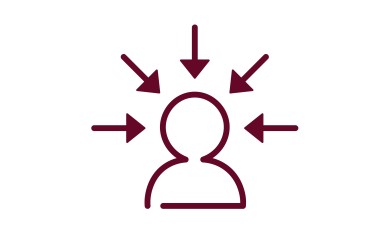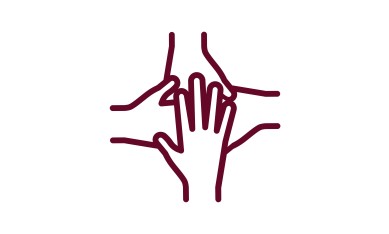Training that works
Delivery of training is fit for purpose
These are our four focus areas: Training that works, Simplify qualifications, Insights for industry, and Success for learners and workers. You can find out more about the projects that relate to each focus area by clicking into the relevant section below.
This is a new view on our website. What was previously our 'Roadmap Actions' have been reviewed. Some of these have now been consolidated into single projects which span across multiple industries, and others have been completed or closed out.

Delivery of training is fit for purpose
Simplify and build a view of qualification pathways
Develop research capability and build insights to support the sector

Support the sector to meet wellbeing and diversity needs of learners, employees and employers
This schedule provides a high-level overview of how all Muka Tangata projects are progressing
This schedule shows our key upcoming engagements with industry and providers. This includes engagements where we are seeking input into our work, events that we are hosting, and events where we will be present and available to connect